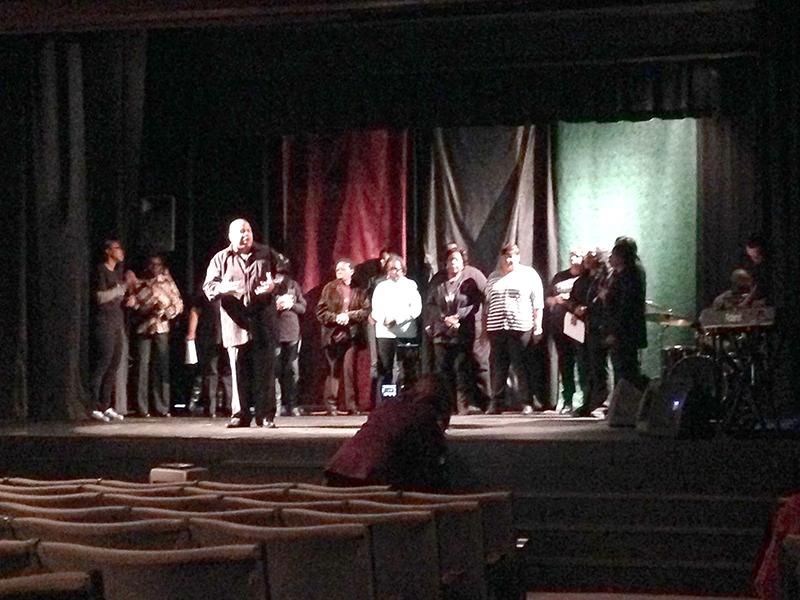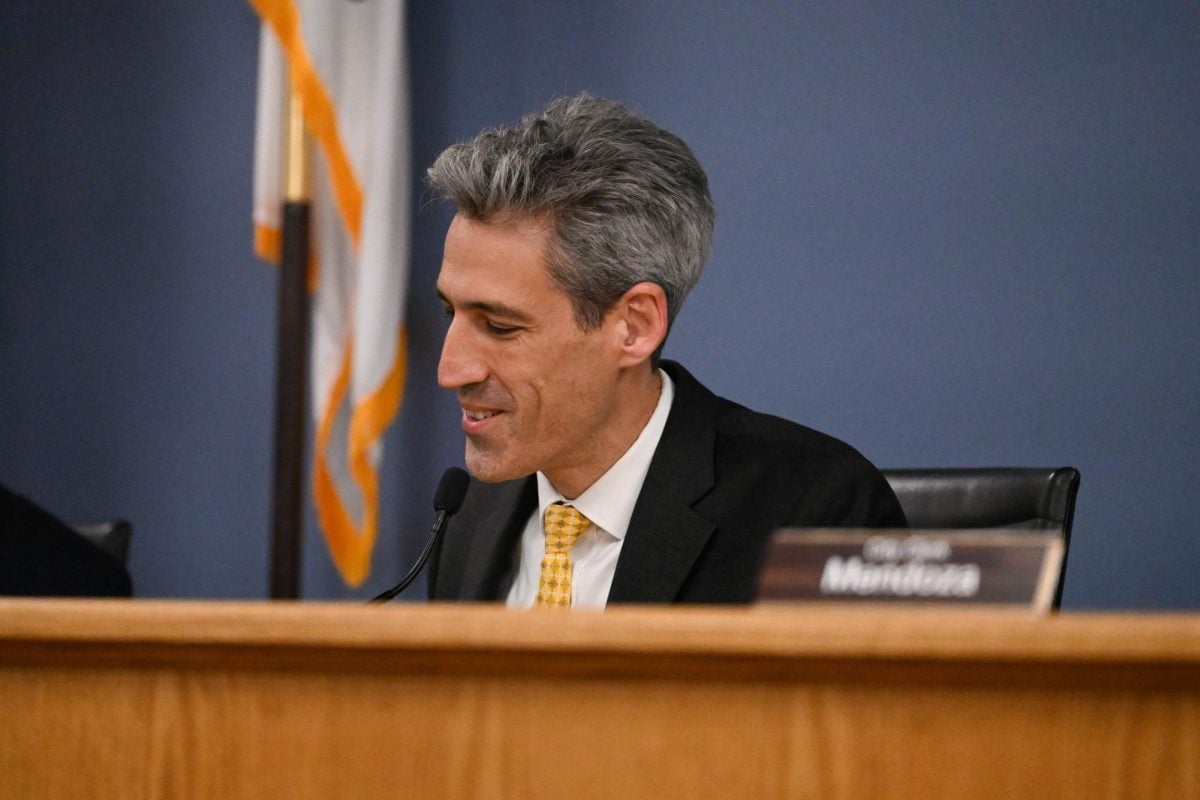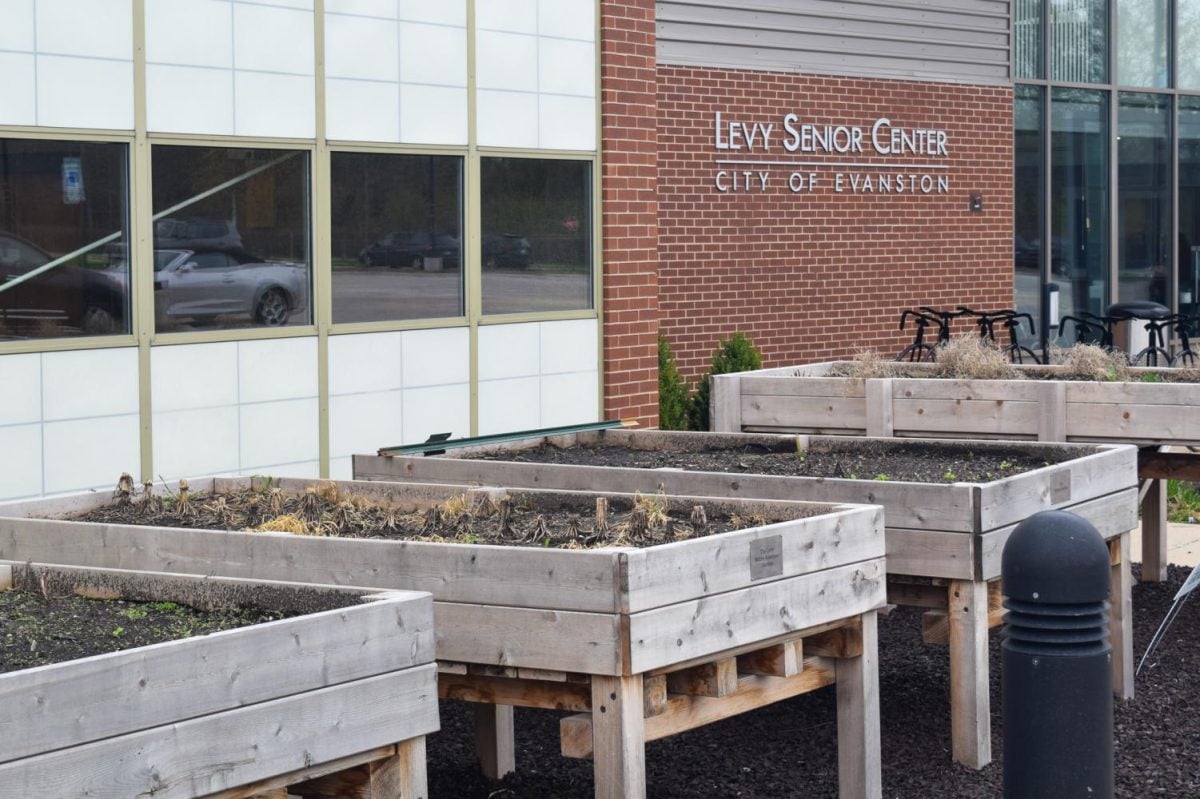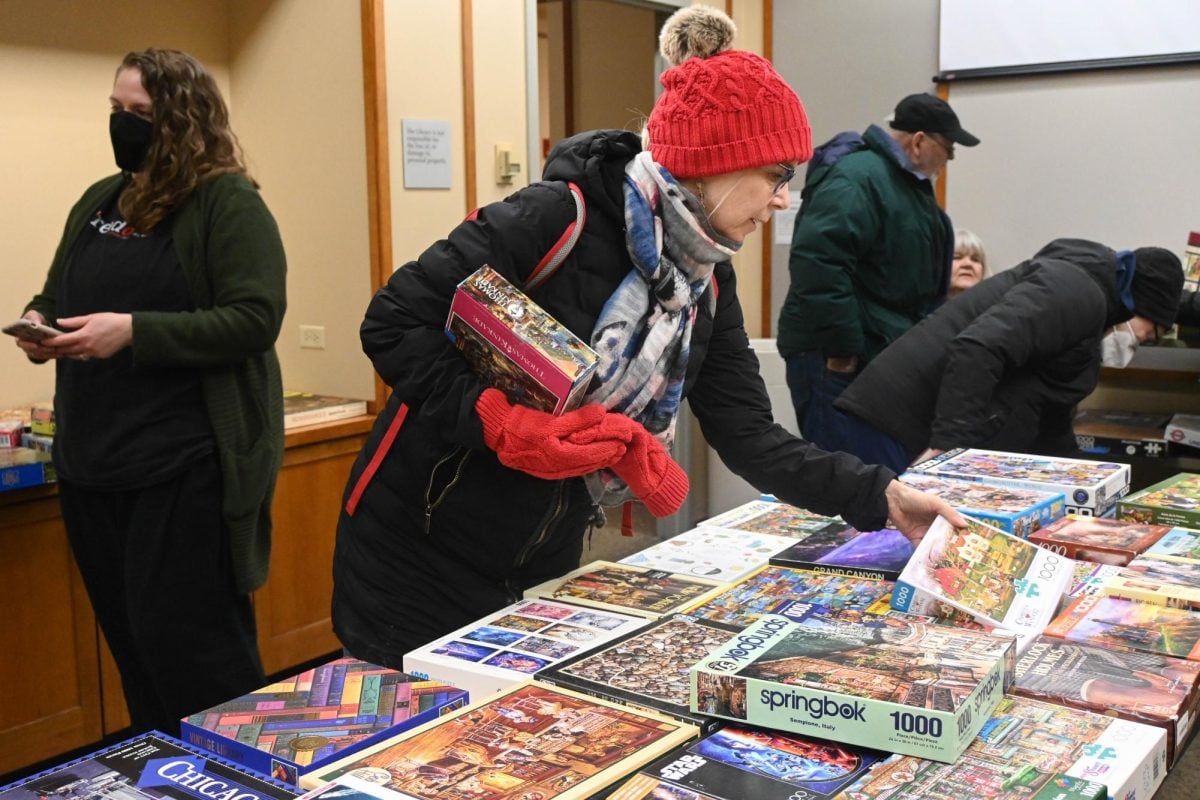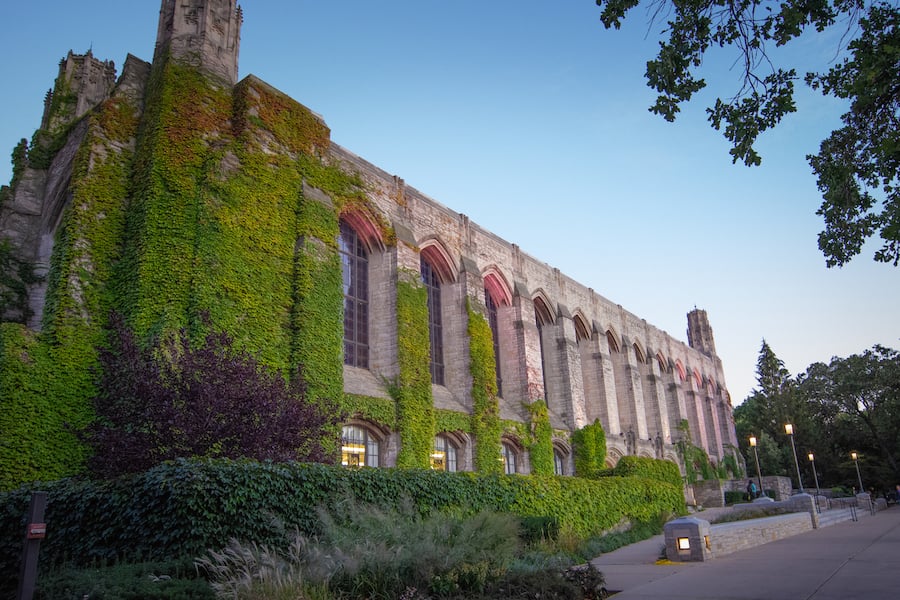Community members revisited Evanston’s history of segregation and lynching Saturday afternoon with civil rights activist and Evanston resident Alice Tregray.
Local nonprofit Family Focus screened the documentary “Evanston’s Living History” to honor Black History Month. The film, directed by Craig Dudnick, depicts the journey of the city’s black community, from the lynching of Anthony Crawford in 1916 through the election of the city’s first black mayor, Lorraine Morton, in 1993.
During the early 20th century, the west end of Evanston began to cultivate a nurturing community of black residents. The documentary describes how everybody trusted each other and how the culture thrived from shared experiences.
“We knew every black person in Evanston,” Tregray said. “If you did anything wrong, your mother knew it before you got home. You got your little whooping.”
Tregray’s brother, Sanders Hicks, is featured in the documentary. Hicks eventually became Evanston’s fire chief but not before enduring intense discrimination as one of the few black firefighters in the department. Other firefighters regularly forced Hicks to use faulty equipment, and often took his lunch from him, according to the documentary.
“There’s a saying in the black community that even today a black man has to be twice as smart as a white man to get half as far,” said Rev. Mitchell L. Johnson, who came from Calumet City, Ill., to attend the event. “And that movie depicted that reality.”
After the documentary was aired, Tregray spoke about her experiences in Evanston. Tregray was born in the 1930s as Alice Lucille Hicks, on the second floor of her Emerson Street house because the city’s hospital would not allow black mothers to give birth there. She lived in a starkly different Evanston — one in which a de facto segregated elementary schoolhouse existed in place of the current Family Focus building, 2010 Dewey Ave., Tregray said.
“We never knew we were that poor, because everyone was that poor,” Tregray said.
The event concluded with a performance from Christ Temple Missionary Baptist Church’s gospel choir. The audience joined in as the theater room celebrated the spiritual experience of being a black American.
“When my pastor had us do the hymns, I was thinking back about what we’ve been through in our lives and it was very touching for me,” said Carla Nicholson, a member of Christ Temple. “You can see where we’ve come from.”
Email: aliceyin2017@u.northwestern.edu
Twitter: @alice__yin
